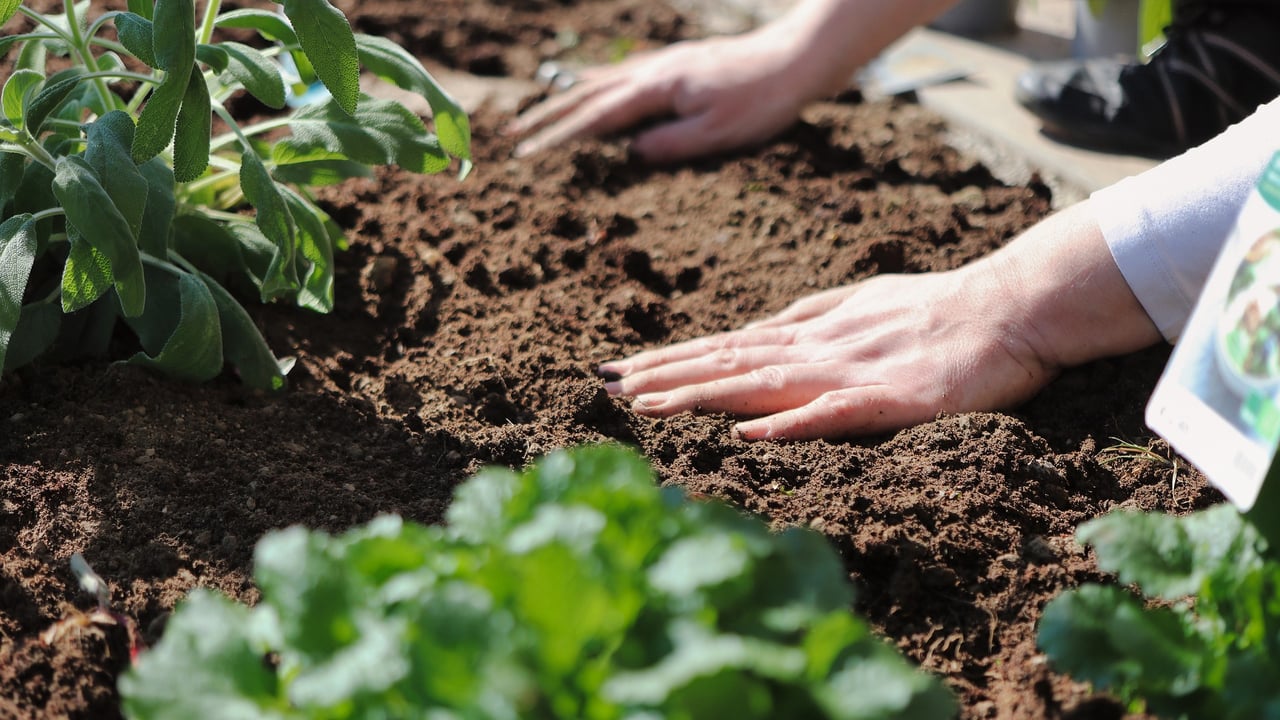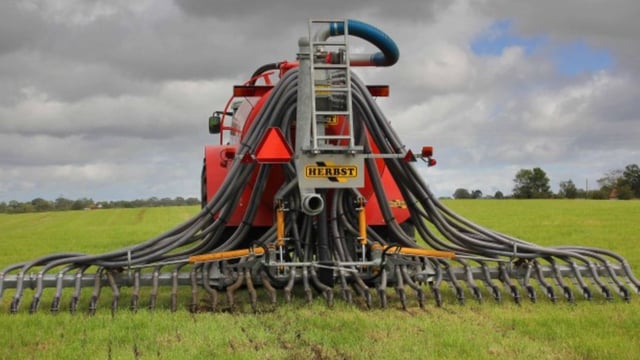FAO: Global threats to agri-food systems require complex approach
The challenges undermining global food security require a complex approach embracing investment, policy reforms, and better use of resources, according to the director-general of the Food and Agriculture Organization of the United Nations (FAO), QU Dongyu.
At a recent G20 meeting, he told senior government representatives that recent global events, from Covid-19 to the climate crisis, and conflicts around the world, have all "heavily affected agri- food systems in multiple ways"
Qu cited the recently launched 2022 edition of the State of Food Security and Nutrition in the World (SOFI) Report, which confirms that world hunger has increased again in 2021, reflecting growing inequalities across and within countries.
The report states that 828 million people suffered from hunger in 2021, an increase of 46 million from 2020, and 150 million from 2019 - before the pandemic.
The war in Ukraine has added to an already challenging situation and could lead to an increase of 13 million more chronically undernourished people this year, and 17 million more in 2023, according to FAO estimates.
Another global challenge is rising inflation, with world food prices increasing since mid-2020 due to many factors. The FAO Food Price Index, at 160 points, reached an all-time high in March 2022.
Last month, the index, which tracks monthly changes in the international prices of a basket of commonly traded food commodities, averaged 154.2 points, down 2.3% from May, but it remained 23.1% higher than in June 2021, Qu said.
FAO calculates that the increase in the food import bill for the 62 most vulnerable countries amounts to $24.6 billion in 2022, and it affects 1.79 billion people.
In response to this growing challenge, the FAO has developed a proposal for a global food import financing facility, which aims to assist countries in financing their food purchases to minimise any risk of social unrest.
“This proposal should be implemented by the International Monetary Fund under their balance of payments financial mechanism,” the FAO director-general said.
Among the other challenges, average fertiliser prices have also increased significantly, almost tripling since mid-2021, together with rising energy prices.
Changes in trade routes and current constraints will further increase the global fertiliser price.
If countries producing major food staples, such as rice, are not able to get enough fertilisers in the upcoming planting season, this could affect the global supply of food.
Trade reduction and interruption of the supply chain are of major concern, the director-general said.
At the end of May, 22 countries had implemented export restrictions through 39 measures ranging from bans to export taxes affecting almost 16% of agricultural exports, on a kilocalorie basis.
To address these challenges, Qu said the international community needed to implement a package of measures:
Digital agri-food systems should be scaled up to help the transformation of family farmers. Coordinated action within the G20 as well as beyond “is critical to facilitate the smooth functioning of global food markets and to secure food supply for all,” Qu said.





